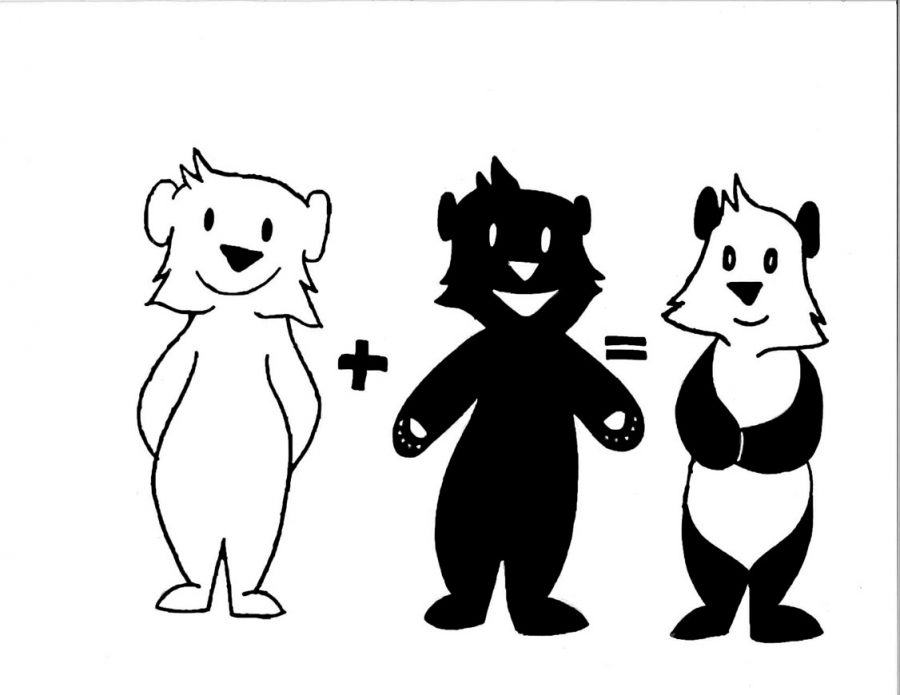ONLINE EXCLUSIVE: We Are All Equal… Just Some More Than Others
Throughout centuries of history—including the Civil War—the 13th Amendment and the Civil Rights Movement, the fight for equality for all races, has been a slow, long ride with many bumps along the way. In recent history and even in everyday life, a vast majority of people like to think all races are equal, but there are signs that prove otherwise.
Although what many do not realize, or even choose to ignore, is that the mission for equality seems far from reach. For decades upon decades, discrimination has been prevalent throughout generations, because there are obstacles that other races face; even in today’s world.
“[Many] face racial discrimination in their jobs as well as around their home,” senior Jaden DeVaughn said.
People all over the world have to go through their lives knowing they will have to face racial discrimination. At the workplace, or outside of work, people face discrimination based on geographics and appearance. It is appalling that minorities face discrimination solely based on their physical appearance. Just because of a color, one’s lifestyle can be dramatically affected in today’s world; a world where everyone is supposed to be deemed as equals.
“I am hispanic,” senior Savanna Gonzalez said. “Frequently, I face many people that have learned through stereotypes. They assume rather than getting to know me. They refuse to learn of reality and instead remain comforted by those stereotypes. The close-minded part of society is why racism and discrimination still exists. People are comforted by the idea that they are superior on the basis of race.”
Stereotypes are an extremely counterproductive element of society when discussing the race for equality, including equal opportunity. Society has grown accustomed to ignorance on the basis of race. Instead of truly learning and understanding other cultures, many find it easy to rely on general, misguided labels that are put onto others with no hesitation or realization of the damage done.
Race, and the privileges, or lack there of, that are accompanied with it are becoming more and more prevalent in today’s society, especially in sports. Professional athletes are currently using their popularity as a platform for protest of equal rights. Whether it’s boycotting a professional sports league, tweeting at the president of the United States, or taking a knee during the National Anthem, the message is all the same—equality.
Although nearly all professional, and almost all other athletes, play their sport for the love of the game, racial discrimination plays an active role in sports and even affects the athletes participating. Sporting events are meant to leave everything behind and compete knowing that political issues, race, religion, gender, etc. are no longer relevant. However, it seems as though athletes of color are getting verbally abused by other players and fans, which has been the case recently.
“I believe discrimination based on race is present in sports. They have been taunted, harassed and physically abused,” track and field coach Christopher Bailey said. “Lebron James, one of the biggest sport figures in the world, has had racial slurs painted on his front gates to his home. There is story after story of this happening in the sports world and it’s not just against black athletes.”
It is evident that both sports and everyday life is affected by race. People often ignore, or are completely oblivious to, the advantages some races have over others. Some are unaware of the obstacles many races face solely because of their color. It seems as though the very prevalent racism that exists worldwide, especially in the United States, cannot be solved with violence or aggression, but rather solidarity and acceptance; the only matter is when.


